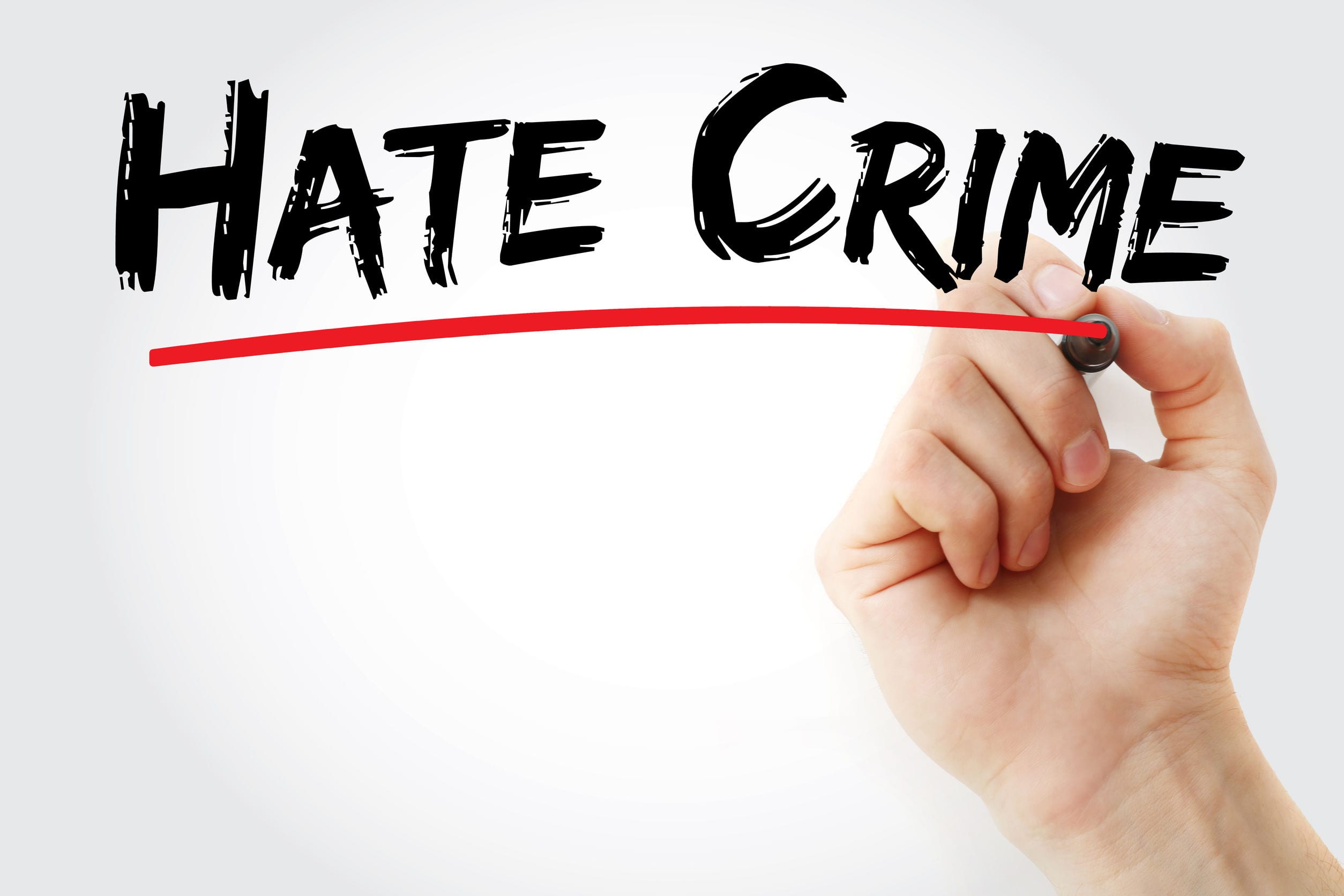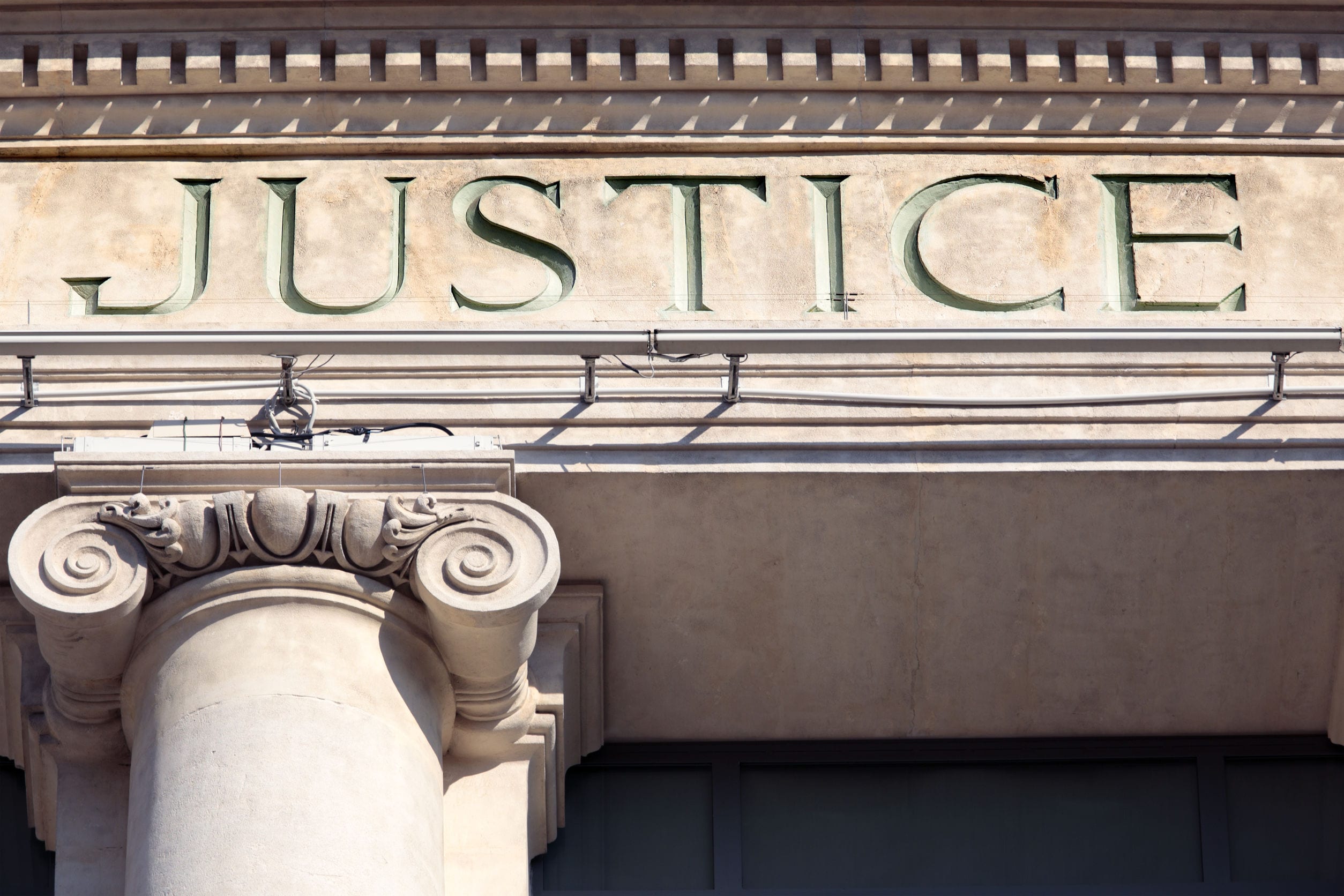- Home
- THE FIRM+
- Criminal Defense+
- CASE RESULTS
- AREAS WE SERVE+
- FAQ’s
- Blog
- Contact
AZHARI LLC BLOG

Posted By: Sami Azhari
Category:
Race relations have come to the forefront of the American consciousness with the current wave of protests. As a result, hate crimes are coming to the forefront of the news cycle. Many people are discovering that “hate crime” is a broader term than they had previously understood.
That’s the case of one Illinois man accused of a hate crime. A black woman reported that someone had written the words “KKK” on her car, leading to damage. The incident occurred during a period of protests regarding racialized police brutality in early June.
Typically, vandalizing a car is not nearly enough to warrant a hate crime charge in Illinois. However, the context around the crime makes it a more serious incident. Hate crimes are context-dependent, so understanding how these violations are defined can help clarify cases like this.
How Hate Crimes Are Defined in Illinois
Hate crimes are an escalation of normal crimes. Everything from assault to trespassing to disorderly conduct and theft can be considered a hate crime in the right circumstances.
According to Illinois law, hate crimes are motivated by “the actual or perceived race, color, creed, religion, ancestry, gender, sexual orientation, physical or mental disability, or national origin of another individual.”
Graffitiing a car is not normally a hate crime. Instead, it is considered “criminal damage to property.” This violation is a lesser crime in most cases.
However, by invoking the Ku Klux Klan, a known hate group, the accused now faces charges of a hate crime for threatening racialized language. That context leads to much more serious social stigma and heftier penalties upon conviction.
If you or someone you love has been accused of a hate crime, you should reach out to a qualified criminal defense lawyer immediately. An experienced attorney can help you navigate the legal system and defend your innocence. In the meantime, it is important to understand the penalties you may face.
Illinois Hate Crime Penalties
Hate crime charges of any severity are automatic felonies, even if the violation would otherwise be a misdemeanor. The lightest potential sentence for a hate crime is for a first offense without aggravating circumstances. In that case, a hate crime conviction is a Class 4 felony, carrying the potential for up to three years in prison and a fine of $25,000.
A first-offense hate crime can further be elevated to a Class 3 felony in certain situations. For example, if the crime happens on the grounds of a religious building, in a cemetery, or in a school, public park, or community center, then it is considered a worse offense.
These locations are culturally significant to many people, so violating them during a hate crime is considered more heinous. If convicted of this aggravated hate crime, the accused faces up to five years in prison along with the fine.
Subsequent hate crime convictions automatically become Class 2 felonies. This can lead to seven years in prison in addition to the fine.
Furthermore, all these offenses often carry mandatory community service or rehabilitation program participation in order to prevent recidivism.
Finally, if the accused is convicted of a hate crime that led to damages, they may be required to pay restitution to the victim. This can lead to an additional serious financial penalty on top of the $25,000 criminal fine.
Hate crimes result in serious charges that can permanently affect the life of the accused. In such a racially-charged environment right now, everyone is on high alert to call out what they may perceive as racial hate crimes and that’s okay. At the same time, while bias is sometimes readily evident, not all situations are so cut-and-dry as marking “KKK” on someone’s car.
About the Author
Sami Azhari has been working as a lawyer since 2007, after receiving his Juris Doctor from the Michigan State University College of Law. He has handled numerous state and federal cases and is known throughout the Chicago and Rolling Meadows area for providing his clients with high-quality, skilled representation. He has been recognized by Avvo (2013 and 2018), SuperLawyers (2015-2020), The National Trial Lawyers, and other notable organizations, and has spoken at a number of legal conferences.


























































